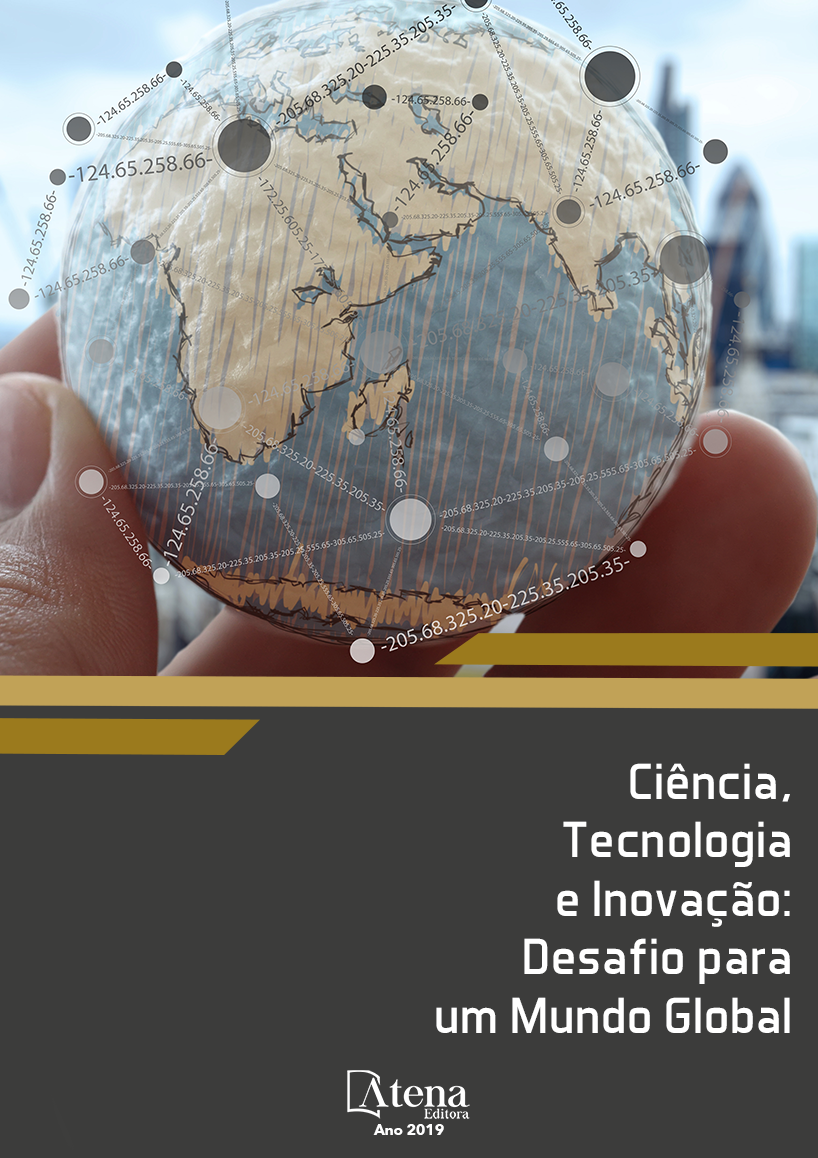
ESTUDO DE PROCESSOS DE REUSO DE EFLUENTE EM UMA INDÚSTRIA TÊXTIL
Os processos de tingimento e
acabamento são os principais responsáveis
pela geração dos rejeitos têxteis, devido à
sua composição de corantes que garantem a
coloração do tecido. Assim, o objetivo deste
artigo foi estudar e descrever os processos
que vêm sendo empregados no tratamento
de efluente têxtil para serem reutilizados no
consumo interno da própria organização ou
em outros fins. A metodologia aplicada foi a
revisão sistemática utilizando palavras chaves
sobre o tema e bases científicas de dados.
Foi possível concluir que as técnicas de resina
de troca iônica, fotólise direta, membranas
de microfiltração e nanofiltração são as mais
utilizadas no aprimoramento do processo de
tratamento do efluente têxtil.
ESTUDO DE PROCESSOS DE REUSO DE EFLUENTE EM UMA INDÚSTRIA TÊXTIL
-
DOI: 10.22533/at.ed.01319290717
-
Palavras-chave: Indústrias têxteis; tratamento de efluente têxtil; reuso de água residual; efluente têxtil.
-
Keywords: Textile industries; treatment of textile effluent; residual water reuse; textile effluent.
-
Abstract:
The dyeing and finishing
processes are the main responsible for the
generation of the textile waste, due to its
composition of dyes that guarantee the coloring
of the fabric. Thus, the objective of this article
was to identify and study and describe the
processes that have been used in the treatment
of textile effluent to be reused in the internal
consumption of the organization itself or for
other purposes. The applied methodology was
the systematic review using key words on the
subject and scientific bases of data. It was
possible to conclude that the techniques of ion
exchange resin, direct photolysis, microfiltration
and nanofiltration membranes are the most used
in the improvement of the treatment process of
the textile effluent.
-
Número de páginas: 15
- Clara Rodrigues Pereira
- Lílian Lefol Nani Guarieiro
- Ingrid Winkler


